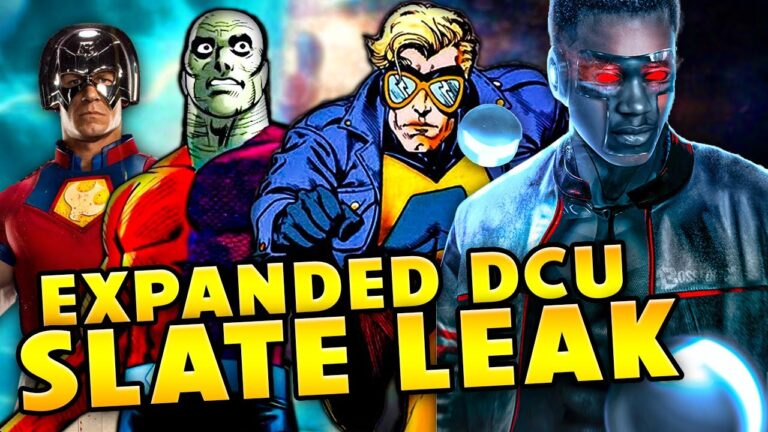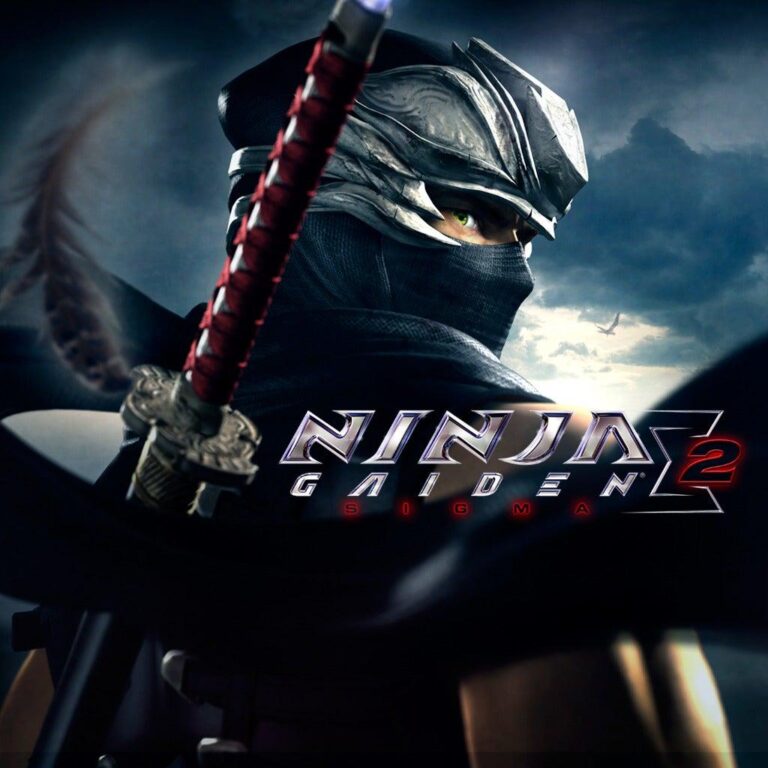
This Unexpected Daredevil: Born Again Choice Indicates a New Creative Path 2025
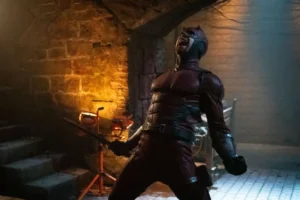
In a world where reboots are as common as post-credit scenes, Daredevil: Born Again is shaping up to be something far more compelling than just a nostalgic revival. With each casting decision, creative shake-up, and behind-the-scenes reveal, it’s becoming increasingly clear that Marvel isn’t just bringing Matt Murdock back—they’re redefining what he represents in the MCU.
But it’s one unexpected creative choice that has fans and insiders alike raising their eyebrows—and it might just signal the boldest turn in Marvel’s television storytelling yet.
LOCKETT
The Surprise Shift: Vanessa Fisk Recast and Reinvented
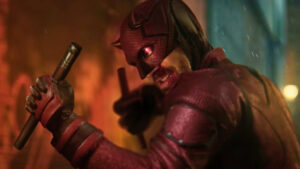
Let’s talk about it—the recasting of Vanessa Fisk. For many fans of Netflix’s Daredevil, Vanessa Mariana (later Vanessa Fisk) was portrayed by Ayelet Zurer, who brought a haunting grace to the role. But in Born Again, Sandrine Holt takes up the mantle. On the surface, it might seem like a routine recast. Actors change, especially when productions shift studios, timelines, or tonal directions. But there’s something deeper here. This isn’t just a new face—it’s a reimagining.
Reports and early set photos suggest that Vanessa will be more involved in the political and criminal dealings of Wilson Fisk than ever before. Rather than playing the reserved, mysterious partner who slowly acclimates to Fisk’s empire, Holt’s Vanessa appears more embedded in his operations from the get-go. If true, this would mark a dramatic shift from her original role and signal Marvel’s intent to take Born Again down a darker, more mature, and narratively complex path.
The Bigger Picture: A Creative Reset Mid-Production
Let’s not forget that Born Again is one of the rare Marvel shows to undergo a massive creative overhaul mid-production. Last year, Marvel fired the original head writers and directors after reviewing initial episodes and realizing the tone didn’t align with fan expectations—or with what made Netflix’s Daredevil such a cult classic. This wasn’t just a script polish. It was a scorched-earth rewrite.
They scrapped episodes, restructured the arc, and brought in new leadership to steer the ship. According to insiders, the new direction is far grittier, leaning into legal drama, grounded crime storytelling, and psychological tension over superhero spectacle. The show is said to take its time building arcs, letting characters breathe and unravel, much like the acclaimed Andor series did for Star Wars.
This is where the Vanessa Fisk shift gets interesting. In this new vision, characters once relegated to the sidelines are being reimagined as narrative drivers. Vanessa isn’t just “the love interest”—she’s a mirror to Fisk’s soul, and perhaps a co-architect in his moral descent (or ascent, depending on your perspective).
A Sign of Marvel’s Television Growing Pain
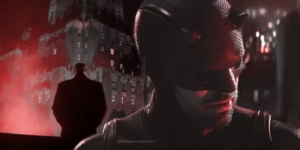
To understand the significance of this choice, you have to look at the broader context. Marvel Studios has struggled with finding the right rhythm for its Disney+ shows. While WandaVision and Loki broke new ground, others like Secret Invasion fell flat, criticized for inconsistent tone and rushed storytelling.
Daredevil: Born Again might be Marvel’s quiet acknowledgment that less is more. That style and depth matter just as much as canon and cameos. And perhaps most critically—that the street-level heroes deserve storytelling that matches their world: raw, human, and deeply personal.
Recasting Vanessa, elevating her role, and reshaping the show’s creative team in pursuit of a more adult, narrative-rich experience tells us something important: Marvel is experimenting again. Not with multiverses or timelines—but with structure, character, and storytelling philosophy.
What It Means for Daredevil—and the MCU
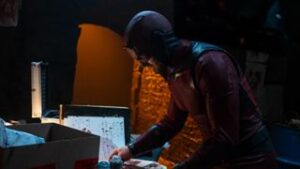
The title Born Again isn’t just a nod to the iconic Frank Miller storyline. It’s a creative mission statement. This isn’t just about Matt Murdock donning the horns again—it’s about resurrecting a storytelling style that honors the quiet, gritty drama of Hell’s Kitchen.
If Vanessa is more Machiavellian in this iteration, how will that influence Fisk’s arc? If Fisk is allowed emotional nuance, political ambition, and personal conflict, does he start to blur into a protagonist role? And how does Matt, a man of unwavering moral code, navigate that complexity without becoming the villain in someone else’s story?
These are not questions you usually ask about comic book shows. But Daredevil was always more than a comic book show. And Born Again seems poised to honor that legacy—not by copying it, but by evolving it.
After years of navigating the Netflix-Marvel divide and a fanbase hungry for justice (both in the legal and vigilante sense), Daredevil is officially back in the MCU spotlight. But with all eyes on Daredevil: Born Again, one bold — and potentially controversial — choice might change everything we thought we knew about Matt Murdock’s world. Let’s talk about the reboot (or is it a soft reboot?) that has fans split down the middle.
New Faces, Familiar Names
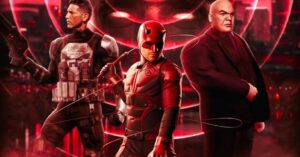
When Marvel Studios announced Daredevil: Born Again, the immediate excitement was real. Charlie Cox returning? Yes. Vincent D’Onofrio as Kingpin again? Double yes. But then came the twist: Deborah Ann Woll (Karen Page) and Elden Henson (Foggy Nelson) were nowhere to be seen in early cast reveals. Fans were left wondering — is this the same Daredevil? Or are we starting over?
The controversial choice here isn’t just about recasting or character changes. It’s about potentially removing two characters who were foundational to the emotional and moral core of the original series. Karen and Foggy weren’t just side characters. They were Matt’s compass, grounding him when the line between justice and vengeance blurred. So the question is: What happens when you remove that anchor?
Going Darker — or Just Different?
Early leaks and statements suggest Born Again might lean even darker than the Netflix version (which, let’s be real, was already pitch black at times). Without Foggy’s dry wit and Karen’s resilience, we could be getting a version of Daredevil more isolated and morally ambiguous than ever before.
That could be a risky but fascinating pivot. Imagine a Daredevil who doesn’t have his friends reminding him who he is. What if Matt Murdock spirals without them? What if Kingpin wins the mind game this time?
This kind of narrative shift could elevate the story to Shakespearean levels — but it also risks alienating fans who felt connected to the people behind the hero, not just the red suit.
Multiverse Wild Cards

And then there’s the multiverse chaos. With variants and timeline shifts being the MCU’s current bread and butter, it’s entirely possible Marvel is playing a long game here. Maybe this is a different version of Daredevil — or maybe they’re saving the reunion for a later payoff.
Still, sidelining Karen and Foggy (or drastically reimagining them) right out of the gate feels like the kind of move that either lands with a seismic “wow”… or a fandom-wounding thud.
A Redefinition in the Making
Controversy isn’t new to comic book adaptations. But Daredevil: Born Again stands at a crossroads: double down on a grittier, solo Matt Murdock and redefine him for a broader MCU audience — or risk losing the human heart of the series that made fans care in the first place.
Final Thoughts
The recasting and reinvention of Vanessa Fisk might seem minor on paper. But in reality, it’s a creative signal flare. It tells us this series is willing to disrupt expectations, embrace character depth, and shift gears for the sake of a better story. In an era of predictable IP-driven content, that might just be the most daring move of all.
